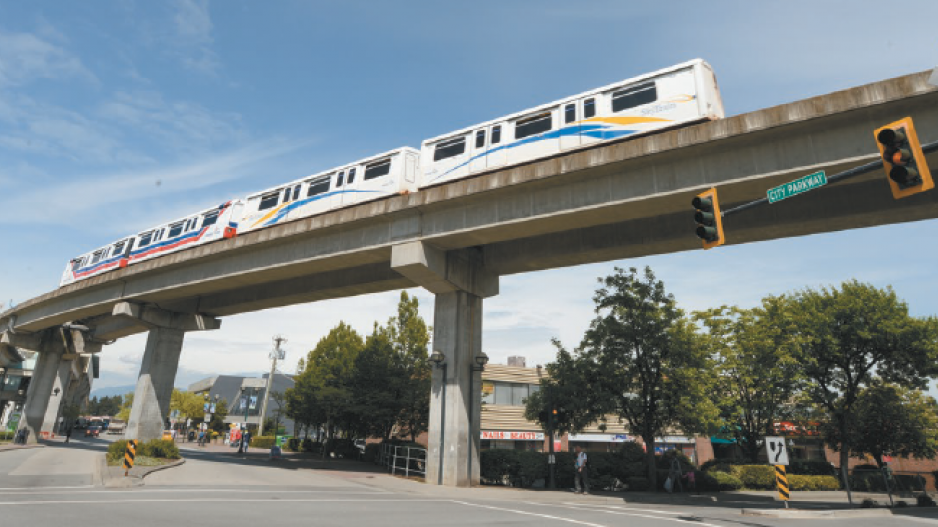As an organizer with the Yes coalition on the upcoming transit referendum, I’d be the first to admit that last week (February 16 to 20) was not a good one for gaining support for the proposed Congestion Improvement Tax to finance the Mayors’ Council vision for accommodating the region’s next 1.1 million residents in the best interests of our economic, social and environmental health.
The mainstream and social media, as I write, continue to pound on TransLink’s ability to manage itself, the transit system and public money.
The latest decision by the appointed board sets up the impossible optics of appearing to pay two CEOs to do the work of one, even though the alternatives – making no executive change or paying out severance – would have raised even more howls.
If only someone would just announce that TransLink’s current governance will indeed be getting an overhaul. The mayors muse about it, but it’s not their call. The call has to come from the source of the governing legislation: the provincial government.
Between the appointed board, the Mayors’ Council and the Ministry of Transportation, no one seems to be in charge under the current governance. The referendum question deals with this, but TransLink-bashers delight in doubting the very clear wording on the ballot that promises an annual, independent, publicly reported audit of how the new tax money is being spent.
If TransLink accountability were dealt with, we could then turn that useful public scrutiny onto accountability for other publicly funded regional transportation decisions.
We could look at the money – an estimated $3 billion – that has been allocated to a new Massey Bridge with no public accountability and no connection to regional planning priorities.
We could look at accountability from the Ministry of Transportation for the financial unwinding at the Port Mann Bridge. Built in spite of steadily declining traffic over the Port Mann Bridge for the past decade, the widest bridge in the world is now facing a $3.6 billion debt financed by invisible provincial taxes. Bridge managers desperate to increase toll revenues are urging people to do exactly the opposite of what every municipal, regional and provincial transportation plan calls for: drive more, create more air pollution and presumably take less transit.
We could look at accountability at the Vancouver Airport Authority, home to unknown hundreds of thousands of dollars of public art financed by an invisible airport-improvement tax, recently increased, levied by a board that has no direct accountability to the electorate, overseen by a CEO who makes more than the TransLink CEO. Where’s the outcry from the poodle-statue-haters about spending on all that wonderful public art at the airport?
Is part of the double-standard irrational opposition to TransLink coming from car drivers’ sublimated resistance to supporting a transit system they don’t think they’ll ever use? I say “irrational” because the people who have really investigated TransLink’s handling of public money say it’s doing a good job.
“They’ve tightened operations over the past few years. I don’t think they’re wasteful,” said independent commissioner Robert Irwin after his 2013 review. Spending is “reasonable” and employee compensation is “reasonable when compared to other organizations of similar size,” concluded an independent 2012 provincial government audit, prompting then-minister of transportation Mary Polack to say, “Everyone agrees that TransLink provides a world-class service that is the envy of many jurisdictions.”
Regardless of all this, the referendum is, alas, not about TransLink. Anyone voting no to fix TransLink should be wary of how that vote will be interpreted.
The only clear message it will send is that the region doesn’t want to financially support desperately needed transit and transportation upgrades. If that’s supposed to lead to some unspecified Plan B, that’s also not on the ballot. The mayors’ vision is, and almost everyone agrees it’s a good one.
Peter Ladner ([email protected]) is a co-founder of Business in Vancouver.




